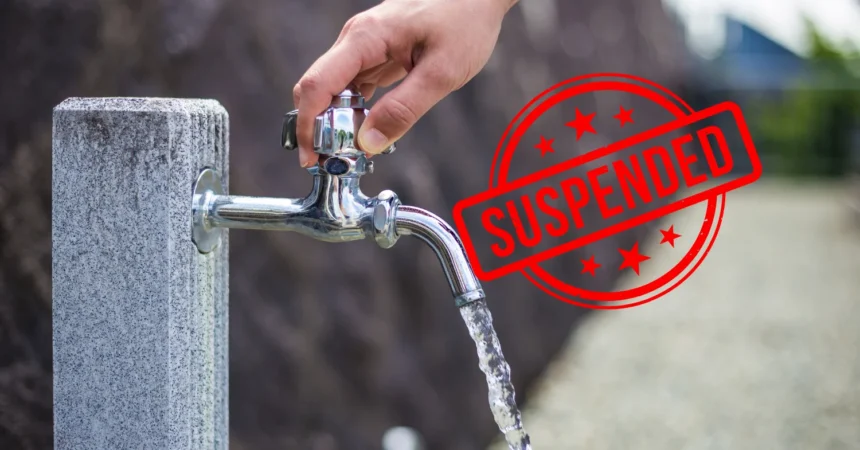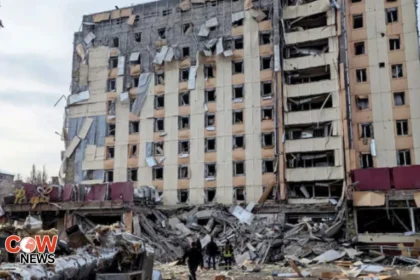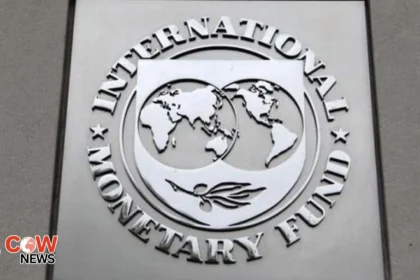Introduction:
Karachi, the largest city in Pakistan and a bustling metropolis, is currently grappling with a significant water supply crisis. This situation has arisen due to a power breakdown at the Dhabeji pumping station, a crucial facility responsible for delivering water to millions of residents. With the suspension of water supply amounting to over 18 million gallons, the implications of this incident extend far beyond mere inconvenience, threatening public health and daily life in this vibrant city.
The Incident at Dhabeji Pumping Station
On October 16, 2024, a major power failure at the Dhabeji pumping station in Thatta resulted in the shutdown of three vital pumps. This unexpected incident led to the rupture of a 72-inch diameter pipeline, identified as pipeline number five. The breakage was attributed to the back pressure of water, a technical issue that has exacerbated the already critical situation. The Waterboard has announced that repair work will take an estimated 24 to 36 hours, during which residents of Karachi may experience significant water shortages.
The Impact on Residents
As the news of the water supply suspension spreads, residents are bracing for the consequences. In a city where water is already a precious resource, the sudden cessation of supply can lead to severe repercussions. Families, businesses, and essential services will struggle to cope with the lack of water, impacting everything from hygiene to food preparation.
The areas most affected by this water crisis include densely populated neighborhoods where residents rely heavily on the municipal supply for their daily needs. Local businesses, especially those in the food and hospitality sectors, are likely to face operational challenges, as water is essential for sanitation and food safety.
Daily Life Disruption
The sudden suspension of the water supply disrupts daily life for countless residents in Karachi. Many families rely on a consistent water flow for essential tasks such as cooking, cleaning, and personal hygiene. With taps running dry, households are forced to find alternative sources, often turning to expensive water tankers or relying on neighbors for help. This reliance on inconsistent sources can lead to a rise in tensions among community members and create inequities in access to water.
Increased Health Risks
The lack of clean water poses significant health risks, particularly in densely populated areas where sanitation is already a concern. Without sufficient water, maintaining hygiene becomes a challenge, potentially leading to the spread of waterborne diseases such as cholera and dysentery. Health officials warn that the situation could worsen if residents resort to using contaminated water sources. Public health campaigns are critical during such crises to educate residents on the importance of boiling water and practicing safe sanitation.
Economic Strain on Businesses
Local businesses, particularly in the food and hospitality sectors, face immediate economic strain due to the water crisis. Restaurants, cafes, and food vendors depend on a steady supply of water for food preparation and sanitation. The inability to access water may force many establishments to temporarily close or reduce their services, resulting in lost revenue and job insecurity for employees. This economic fallout can have a ripple effect on the community, further exacerbating the challenges faced by families already struggling to make ends meet.
Impact on Education
Schools are not exempt from the repercussions of the water supply suspension. Educational institutions require water for sanitation, drinking, and food preparation in cafeterias. The lack of water can compromise hygiene standards, putting students’ health at risk and leading to a decline in school attendance. Additionally, prolonged water shortages may force schools to close, disrupting the education of thousands of children and potentially leading to long-term educational setbacks.
Community Response and Resilience
In the face of this crisis, communities are coming together to support one another. Neighbors are pooling resources to share water and coordinate efforts to procure supplies. Local organizations and NGOs are mobilizing to provide assistance, distributing bottled water and promoting hygiene practices. This collective resilience highlights the strength of community bonds in times of adversity and underscores the importance of grassroots initiatives in addressing urgent needs during a water crisis.
Public Response and Government Action
The public’s response to the crisis has been one of frustration and concern. Social media platforms have become a venue for Karachiites to express their grievances and demand accountability from local authorities. Many are calling for immediate action to restore the water supply and to address the underlying infrastructure issues that have led to this crisis.
In response to the situation, local government officials have assured residents that they are working diligently to repair the damaged pipeline and restore the water supply as quickly as possible. However, skepticism remains among residents, who have faced similar crises in the past without adequate long-term solutions being implemented.
Long-Term Solutions Needed
The recurring water supply issues in Karachi highlight the need for a comprehensive strategy to address the city’s water management challenges. The reliance on aging infrastructure, combined with increasing demand from a growing population, necessitates urgent investment in both maintenance and new water supply projects.
Experts have suggested that the government should prioritize upgrading existing facilities, exploring alternative water sources, and implementing efficient water management practices. Additionally, public awareness campaigns about water conservation can play a vital role in mitigating the impact of such crises in the future.
Infrastructure Upgrades
To tackle Karachi’s water crisis effectively, a significant overhaul of the existing infrastructure is imperative. Many of the city’s water supply systems are outdated and in dire need of repair. Investment in modernizing these facilities will help reduce water loss from leaks and ensure that supply meets demand. This includes upgrading pumping stations, pipelines, and treatment facilities to enhance efficiency and reliability.
Exploring Alternative Water Sources
Diversifying the sources of water supply is crucial for Karachi’s long-term sustainability. The government should consider investing in desalination plants, which can convert seawater into potable water, providing a reliable supply. Additionally, rainwater harvesting systems could be implemented in residential and commercial buildings to collect and store rainwater for non-potable uses, alleviating pressure on the municipal supply.
Efficient Water Management Practices
Implementing efficient water management practices can significantly improve the overall distribution of water in Karachi. This includes utilizing smart metering technologies to monitor water usage, detect leaks promptly, and manage supply more effectively. Establishing a centralized control system can optimize the distribution network, ensuring that areas with higher demand receive adequate water supply while minimizing wastage.
Public Awareness and Community Engagement
Raising public awareness about the importance of water conservation is vital for reducing demand during crises. Community engagement initiatives can educate residents on sustainable water practices, such as fixing leaks, using water-saving appliances, and implementing rainwater harvesting in households. Collaborative efforts between the government, NGOs, and local communities can foster a culture of conservation, ensuring long-term resilience against water shortages.
Policy Reforms and Government Commitment
Finally, comprehensive policy reforms are essential to address the systemic issues in Karachi’s water management. The government must commit to transparent governance, allocating sufficient resources for water supply projects and infrastructure development. By creating policies that promote sustainable water management, such as incentives for water-saving technologies and stricter regulations on usage, Karachi can move toward a more sustainable future.
The Role of NGOs and Community Organizations
In times of crisis, non-governmental organizations (NGOs) and community groups often step in to provide support and resources to those affected. Various organizations in Karachi are mobilizing to assist families in need, distributing water supplies and promoting hygiene practices to prevent potential health hazards.
These efforts highlight the importance of community resilience and collaboration in the face of adversity. Local groups are also advocating for better governance and transparency in water management, pushing for reforms that can lead to more sustainable solutions.
The water supply crisis in Karachi due to the breakdown at the Dhabeji pumping station serves as a stark reminder of the vulnerabilities within the city’s infrastructure. As residents wait for the restoration of their water supply, it is imperative for authorities to take decisive action, not only to address the immediate issue but also to invest in the long-term sustainability of Karachi’s water resources.
#Karachi #WaterCrisis #DhabejiStation #PublicHealth #Sindh #WaterSupply #Pakistan #CrisisManagement







